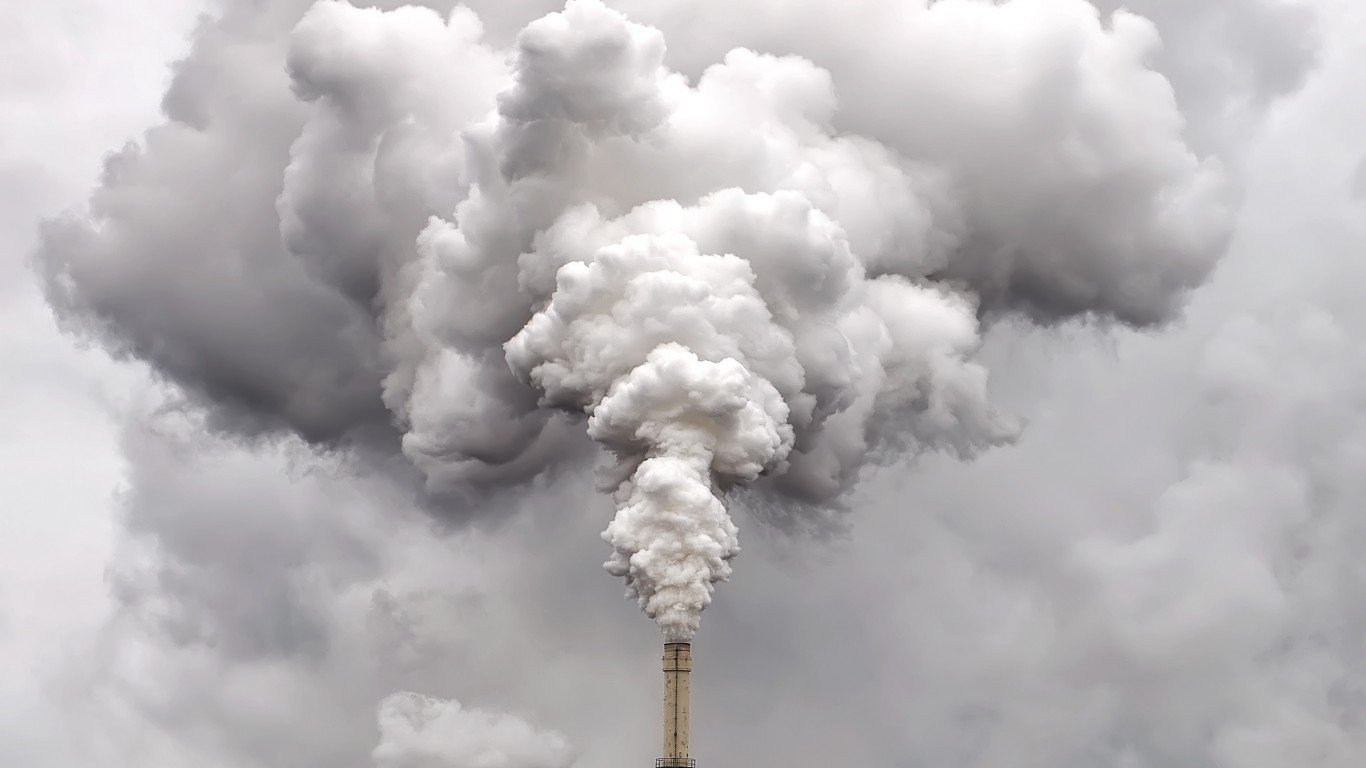

The European Union (EU) reached a provisional agreement on European green bonds (EuGB) standards – the world’s first bond issuance rules to minimize greenwashing. The EU parliament said the EuGBs would help investors distinguish high-quality green bonds and companies, thereby contributing to reducing environmental harm and greenwashing.
EU Announces the “World’s First” Green Bond Issuance Standards
The EU announced on Wednesday it has come to an agreement on the “world’s first” bond issuance rules to meet the bloc’s net zero standards and reduce greenwashing. The EU member states and the European Parliament reached a deal on creating European green bonds (EuGB) as part of the EU’s plan to shift to a “climate-neutral, resource-efficient economy.”
“The new standard which we are setting will be useful for both issuers and investors of green bonds. Issuers will be able to demonstrate that they are funding legitimate green projects aligned with the EU taxonomy. And investors buying the bonds will be able to more easily assess, compare and trust that their investments are sustainable, thereby reducing the risks posed by greenwashing.”
– Elisabeth Svantesson, Minister for Finance of Sweden
Nowadays, investors are facing a string of national practices on green bonds, which can, at times, be tough to compare. The EuGB standards will help investors easily identify high-quality green bonds and companies, thereby minimizing greenwashing, the parliament said in the statement. Paul Tang, a member of the European Parliament, said the move represents a major step “to green this massive market.”
Under the provisional agreement, all proceeds secured from EuGBs will be reinvested in economic activities that align with the EU taxonomy. For sectors that are yet to be covered by the EU taxonomy and certain specific activities, there will be a “flexibility pocket” of 15%, the European Council said. This idea aims to ensure the usability of the EuGB standard from its inception.
What is Greenwashing, and What are its Risks?
Greenwashing refers to the practice of making false claims about the environmental benefits of a product, service, or company aimed at misleading consumers into believing that they are environmentally friendly. In other words, it serves to trick consumers into buying products or services that they believe to be environmentally friendly when, in fact, they are not.
The emergence of greenwashing has urged global leaders to protect consumers from such claims and stop them from potentially contributing to environmental harm. Last year, the US Securities and Exchange Commission (SEC) fined BNY Mellon Unit $1.5 million over misrepresenting some of its ESG mutual funds.
Just several weeks ago, Hong Kong raised $102m from its debut sale of tokenized green bonds issued by the government. The sale pointed out other use cases of distributed ledger technology (DLT), such as optimizing the green bonds market.
This article originally appeared on The Tokenist
Essential Tips for Investing: Sponsored
A financial advisor can help you understand the advantages and disadvantages of investment properties. Finding a qualified financial advisor doesn’t have to be hard. SmartAsset’s free tool matches you with up to three financial advisors who serve your area, and you can interview your advisor matches at no cost to decide which one is right for you. If you’re ready to find an advisor who can help you achieve your financial goals, get started now.
Investing in real estate can diversify your portfolio. But expanding your horizons may add additional costs. If you’re an investor looking to minimize expenses, consider checking out online brokerages. They often offer low investment fees, helping you maximize your profit.
Thank you for reading! Have some feedback for us?
Contact the 24/7 Wall St. editorial team.



